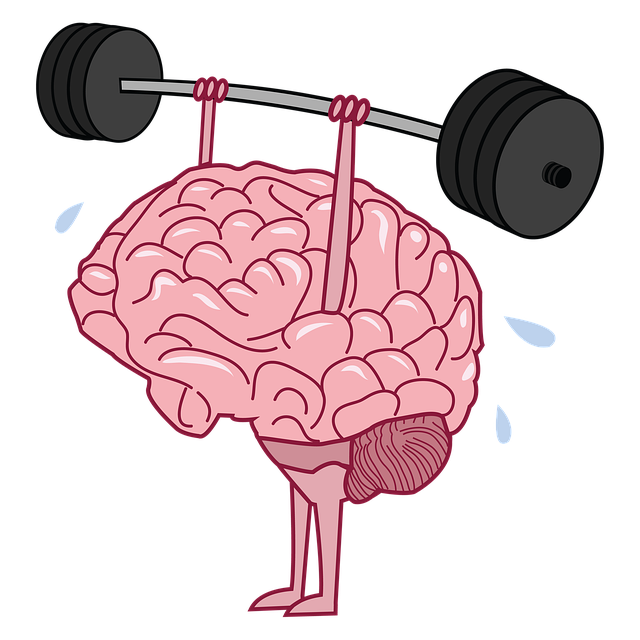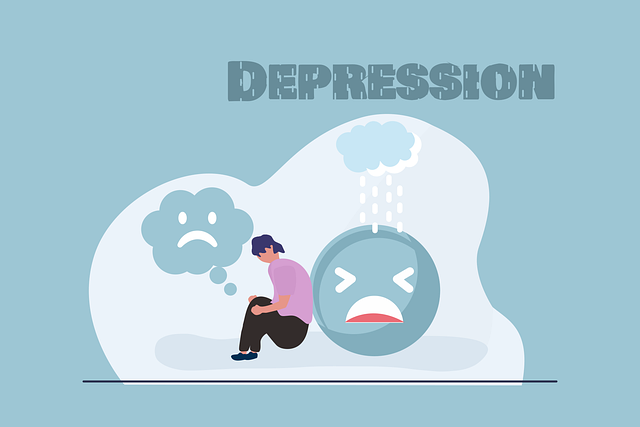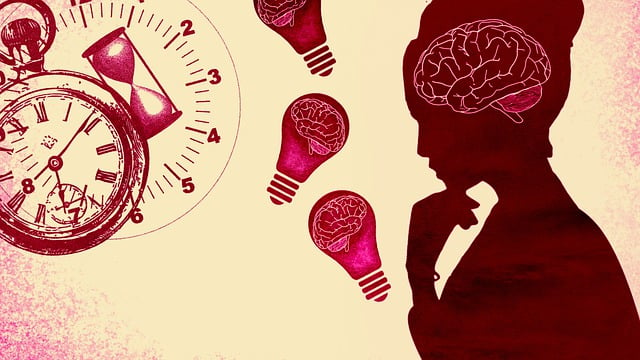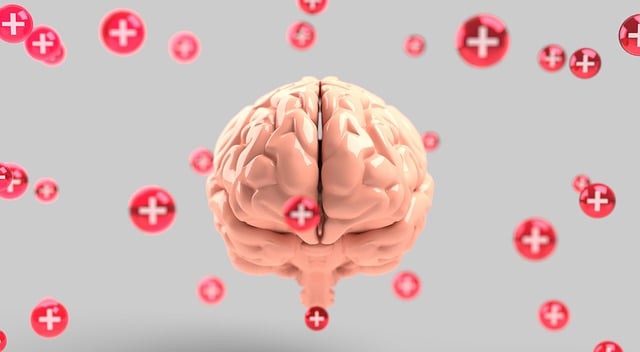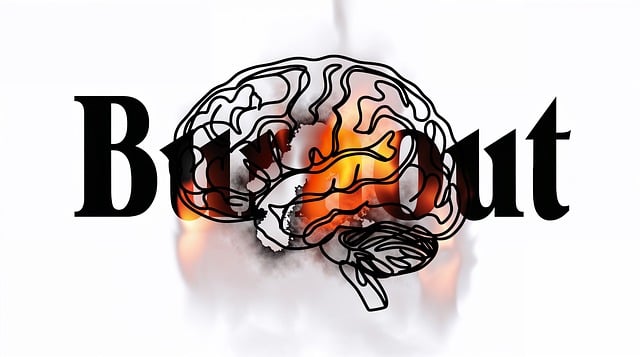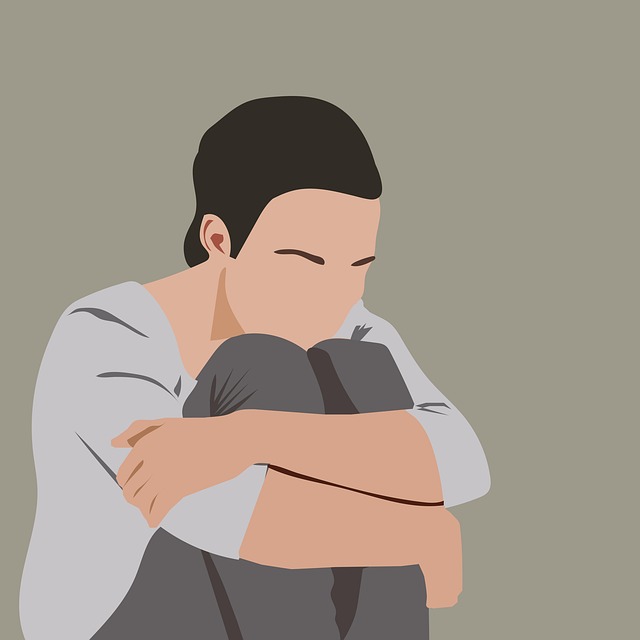Young adults suffering from invisible trauma, often PTSD stemming from formative years, require tailored stress reduction methods. Effective treatments include Cognitive Behavioral Therapy (CBT) and Eye Movement Desensitization and Reprocessing (EMDR), which help process traumatic memories and develop healthier coping mechanisms. Community outreach programs raise awareness and provide accessible resources. Mindfulness exercises, stress management skills, exposure therapy, and alternative therapies like yoga and art also play crucial roles in treating PTSD among young adults, fostering emotional healing and resilience.
Stress reduction methods are crucial for young adults dealing with post-traumatic stress disorder (PTSD). This article explores various therapies designed to help this demographic overcome PTSD, including Cognitive Behavioral Therapy (CBT) and Exposure Therapy. We also delve into alternative approaches like mindfulness, yoga, and art as powerful tools for stress reduction. Additionally, we discuss building resilience and coping mechanisms for long-term management of PTSD in young adults, providing a comprehensive guide to effective therapy for this group.
- Understanding Post-Traumatic Stress Disorder (PTSD) in Young Adults
- Cognitive Behavioral Therapy (CBT): A Common Approach for PTSD Treatment
- Exposure Therapy: Confronting Fears to Overcome PTSD
- Alternative Therapies: Mindfulness, Yoga, and Art as Stress Reduction Tools
- Building Resilience and Coping Mechanisms for Long-Term Stress Management
Understanding Post-Traumatic Stress Disorder (PTSD) in Young Adults

Many young adults carry the invisible burden of Post-Traumatic Stress Disorder (PTSD), often stemming from traumatic experiences during their formative years. This mental health condition can manifest in various ways, affecting their daily lives and overall well-being. Recognizing and understanding PTSD is a crucial step towards implementing effective stress reduction methods tailored to this demographic.
Therapy plays a pivotal role in treating PTSD among young adults. Cognitive Behavioral Therapy (CBT) and Eye Movement Desensitization and Reprocessing (EMDR) are popular approaches that help individuals process traumatic memories, manage symptoms, and develop healthier coping mechanisms. Incorporating emotional intelligence into therapy enables young adults to understand and regulate their emotions, fostering resilience against stress and trauma-related triggers. Community Outreach Program Implementation can also extend support by raising awareness about PTSD and offering accessible resources, ensuring these individuals receive the necessary care and guidance for a fulfilling life.
Cognitive Behavioral Therapy (CBT): A Common Approach for PTSD Treatment

Cognitive Behavioral Therapy (CBT) is a well-established approach for treating Post-Traumatic Stress Disorder (PTSD) among young adults. This therapy focuses on identifying and changing negative thought patterns and behaviors that contribute to distressing symptoms of PTSD. By challenging unhelpful cognitive distortions, CBT helps individuals develop healthier coping strategies and improve their overall emotional well-being.
For young adults navigating PTSD, CBT offers a structured framework to process traumatic memories and gain a sense of control. Mental wellness coaching programs, often integrated with CBT, can further enhance the therapeutic process. These programs, combined with cultural competency training for healthcare providers, ensure that treatment is tailored to individual needs while addressing potential cultural barriers. Emotional well-being promotion techniques, such as mindfulness exercises and stress management skills, complement CBT by providing practical tools for day-to-day coping.
Exposure Therapy: Confronting Fears to Overcome PTSD

Exposure therapy is a powerful approach to help young adults suffering from Post-Traumatic Stress Disorder (PTSD). This method involves gradually confronting traumatic memories or situations in a safe and controlled environment, allowing individuals to process and overcome their fears. By facing their nightmares or anxious triggers, patients can learn to manage their responses and reduce the intensity of symptoms associated with PTSD.
In the context of cultural sensitivity in mental healthcare practice, exposure therapy should be tailored to respect individual cultural backgrounds and beliefs. This personalized approach ensures that young adults from diverse communities feel comfortable and supported during treatment. Combining exposure therapy with practices like mindfulness meditation can further enhance its effectiveness, as it encourages patients to stay present and manage their emotions. Additionally, burnout prevention strategies for healthcare providers are essential to ensure a consistent and compassionate support system throughout the therapeutic process.
Alternative Therapies: Mindfulness, Yoga, and Art as Stress Reduction Tools

For young adults dealing with post-traumatic stress disorder (PTSD), alternative therapies like mindfulness, yoga, and art offer promising avenues for stress reduction and emotional well-being. Mindfulness practices encourage individuals to focus on the present moment, cultivating awareness of thoughts and sensations without judgment, which can help alleviate symptoms of PTSD and reduce overall stress levels. Yoga combines physical postures, breathing exercises, and meditation to promote relaxation, improve mood, and enhance mental clarity.
Art therapy provides a creative outlet for expression, allowing young adults to explore and process their emotions in a safe and non-threatening manner. This form of therapy leverages the power of artistic creation to foster self-discovery, build social skills, and develop coping mechanisms that can be particularly beneficial for those navigating PTSD and other mental health challenges. Integrating these alternative therapies into treatment plans can complement traditional approaches, such as Social Skills Training and Depression Prevention strategies, while emphasizing cultural sensitivity in mental healthcare practice.
Building Resilience and Coping Mechanisms for Long-Term Stress Management

Building resilience is a key component of long-term stress management for young adults, especially those who have experienced post-traumatic stress disorder (PTSD). By developing effective coping mechanisms, individuals can better navigate stressful situations and maintain emotional balance. Therapy for young adults plays a pivotal role in this process by providing tools to challenge negative thought patterns, foster positive thinking, and enhance emotional regulation skills.
Through therapy, young adults learn to identify triggers and develop strategies to manage them proactively. This may involve practicing mindfulness techniques, engaging in physical activity, or exploring creative outlets like art or writing as stress reduction methods. By integrating these practices into daily routines, individuals build a repertoire of coping mechanisms that support their overall well-being. Additionally, therapy encourages the development of a resilient mindset, enabling young adults to view challenges as opportunities for growth and personal transformation rather than insurmountable obstacles.
In navigating the complex landscape of stress reduction, particularly among young adults affected by Post-Traumatic Stress Disorder (PTSD), a multi-faceted approach is key. From established techniques like Cognitive Behavioral Therapy (CBT) and Exposure Therapy to alternative methods such as mindfulness, yoga, and art, various tools offer hope for managing PTSD symptoms effectively. By fostering resilience and implementing coping mechanisms, young adults can enhance their long-term stress management capabilities, achieving a greater sense of well-being and empowerment in their journey towards recovery. For those seeking therapy for young adults post-traumatic stress disorder, these strategies provide a comprehensive toolkit to overcome challenges and thrive.


